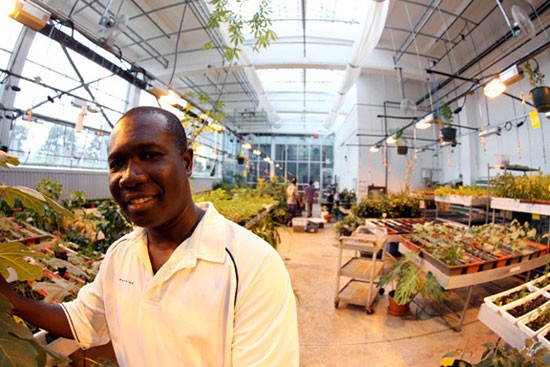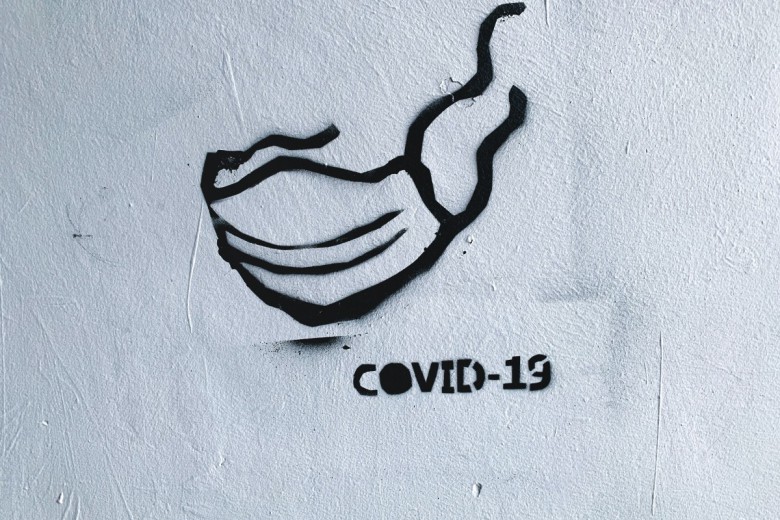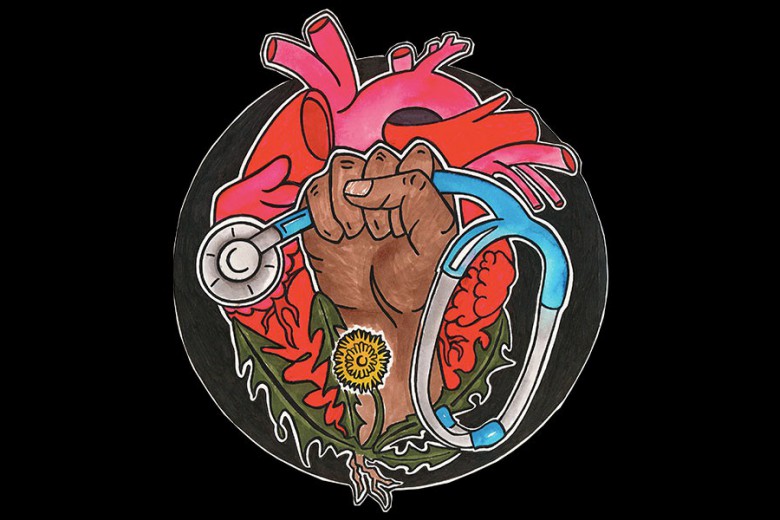
In 2009, immigration enforcement entered a community garden outside a Toronto food bank and deported one of its users. The deportation was but one of the 70-odd sweeps, detentions and deportations that happen in Toronto every single day and underscored one of the barriers to food access for undocumented migrants in this country.
While foodies throughout Canadian cities harness innovative ideas to create alternative food systems through urban and rooftop gardens, food share programs, community-supported agriculture and more, the food movement rarely considers the radical political organizing necessary to make food justice possible for marginalized populations such as undocumented migrants in Canada.
Barriers to food justice
As Prime Minister Harper’s anti-immigrant agenda intensifies, access to food, along with critical services such as health care and education, becomes increasingly difficult for undocumented migrants. Harper’s government is pushing for policy that criminalizes immigration, such as Bill C-4 which would punish an undefined group of refugee claimants by detaining them for one year without possibility of independent review. The Conservatives have cut immigrant and refugee acceptance rates but increased the number of temporary foreign workers.
In the Seasonal Agricultural Worker Program (SAWP), foreign workers are not allowed to file for status. As a result of destroyed livelihoods in their countries of origin due to free-trade-facilitated corporate expansion (in which Canadian multinationals are often complicit), thousands of farmers come from Mexico, Guatemala and elsewhere to work in Canada’s SAWP. Canada creates and perpetuates an unjust situation for these farm workers, who are usually poorly paid, given harsh accommodation and denied access to services. Numerous studies show high rates of malnutrition and hunger for SAWP workers.
In Canada’s urban centres, food injustice is exacerbated when non-status people face obstacles that others do not. Many with precarious status are either deterred or actively turned away from food banks that ask for identification. Additionally, the monitoring and infiltration of food banks and community gardens by immigration enforcement and police officers presents the food movement with a significant challenge and responsibility: how do we make these spaces safe for the most marginalized among us while also building an effective resistance to the systems that create and perpetuate food injustice?
Working toward solutions
It was with this challenge in mind that migrant justice group No One Is Illegal Toronto started the Food for All campaign in early 2010. The initiative aims to ensure that undocumented people and those with precarious status can access food regardless of immigration status and without fear of detention, deportation or being denied these services. Food for All has taken steps to push immigration enforcement out of food banks and help create access without fear in food spaces.
Food For All recognizes that food injustice is a structural, not an individual, issue. “It is important to understand how larger systems perpetuated by colonial Canadian governance … manifest in ways that create barriers to accessing food in the city,” says Yogi Acharya, an organizer with the campaign.
“It is not only about getting rid of barriers but also about dismantling the institutions that create barriers to food justice in the first place,” adds organizer Hannah Peck.
Toward this end, Food for All is building alliances with organizations like The Stop, a community food centre in the Davenport-Perth neighbourhood in Toronto that has implemented a strategy to ensure that people can access food regardless of immigration status. Seeing its work as part of a long-term strategy to decommodify food, The Stop offers a variety of front-line services such as a food bank, a perinatal program, community advocacy and education on food production and sustainable food systems. Food for All seeks to help spread the centre’s strategies to other food banks and spaces of food provision in the city. Food for All and The Stop are collaborating on an educational event scheduled for late September that will make connections between the struggles of migrant farm workers and urban hunger.
Food issues are but one of the many platforms for promoting dignity and self-determination of all people. Looking at food issues through the lens of migrant justice – freedom to return, freedom to move and freedom to stay – shows us that food justice is about much more than just what and how we eat. Food injustice is a symptom of repressive systems and capitalist and colonialist agendas. Political organizing must therefore build the community power needed to resist these systems. Food for All begins its organizing from a recognition that food for all means access to healthy food and personal agency in the food system, regardless of immigration status.


_780_520_90_s_c1.jpg)


